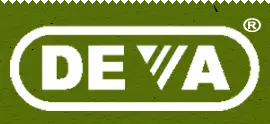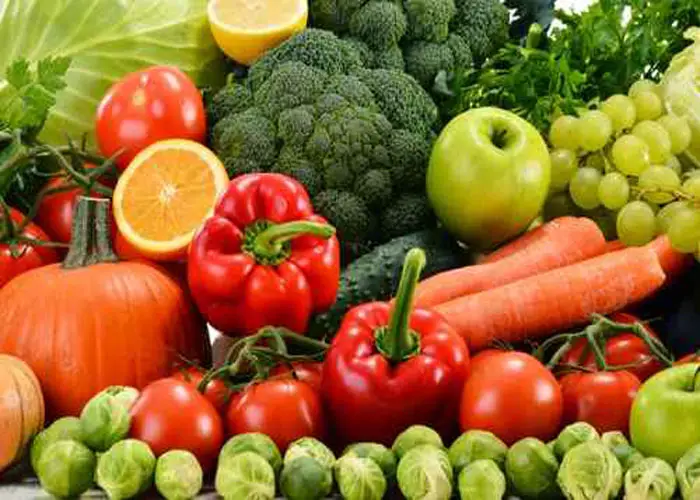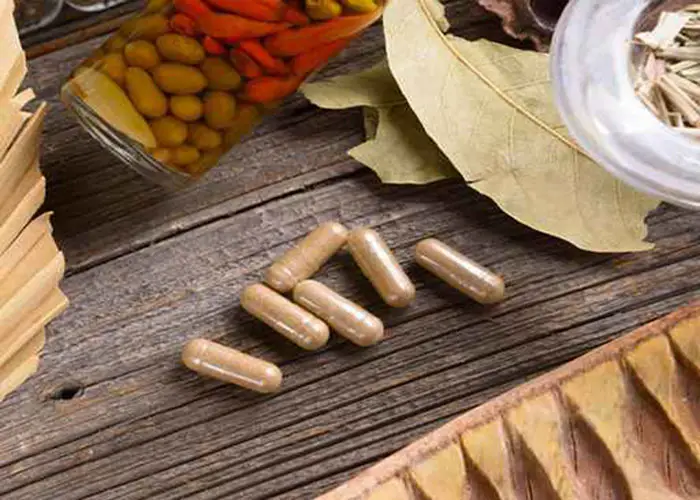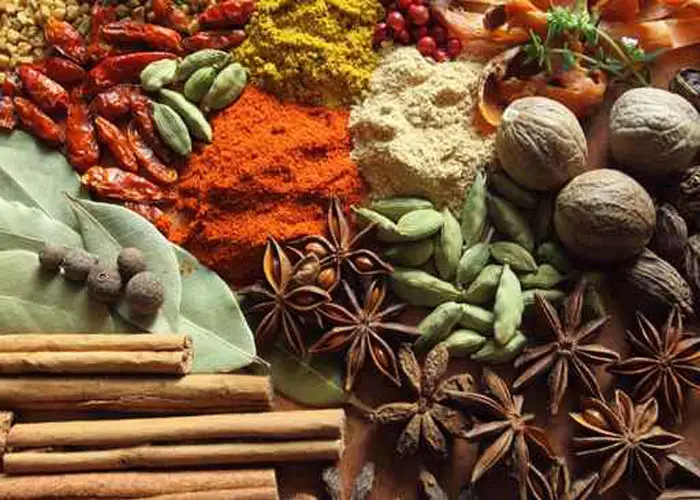Vegan Astaxanthin 4 mg Super Carotenoid*
Vegan Astaxanthin 4 mg |
Astaxanthin is one of the most powerful free-radical scavengers yet discovered.
Astaxanthin is one of a group of naturally occurring pigments known as carotenoids. In nature, carotenoids are produced principally by plants and their microscopic relatives. Animals cannot synthesize carotenoids and thus all natural carotenoids are first made in plants. As a fat-soluble nutrient astaxanthin can function as a potent free-radical scavenger. A variety of scientific studies have shown health benefits from astaxanthin*.
Astaxanthin used in this product is from a plant source: Non-GMO microalgae Haematococcus pluvialis, grown in USA and/or Europe using clean water.* Extraction of astaxanthin from the algal biomass is done by low-temperature extraction and without the use of harsh solvents.
DEVA Vegan Astaxanthin is 100% animal-free, and guaranteed for purity, freshness and labeled potency. Remember all DEVA Products are 100% vegan, vegetarian and are registered by the Vegan Society, the non-profit organization that actually invented the word "vegan".
- SKU: 35000
- UPC: 895634000089
- Size: 30 Vegan Caps
- Super Carotenoid*
- Made from Algae
- NO ANIMAL INGREDIENTS
- Vegan Society Registered
Supplement Facts Serving Size: 1 Vegan Cap ~ Serving Per Container: 30
| |||||||
Other Ingredients: Vegan Capsule (Cellulose), Oleic Acid, Organic Orange Oil, Silica. (All of the ingredients are from non-animal sources)
Recommended Use |
For adults, take one (1) vegan capsule a day with food or as directed by a health care professional.
Food Sensitivity |
Free of yeast, wheat, gluten, sugar, salt, hexane, dairy, egg, shellfish; animal products, byproducts or derivatives.
Warnings |
Always consult your doctor before taking any dietary supplement.
Disclaimer |
*Information and statements regarding dietary supplements on our website have not been evaluated by the Food and Drug Administration and our products are not intended to diagnose, treat, cure, or prevent any disease. Individual results may vary. By using this site, you signify your assent to this Terms of Use Agreement. If you do not agree to the terms and conditions contained in this Terms of Use Agreement , you may not access or otherwise use this site and its contents.
*A fluorometric method for measurement of peroxyl radical scavenging activities of lipophilic antioxidants. Y M Naguib. Analytical biochemistry (265,290-298) 1998.
* Astaxanthin, a carotenoid with potential in human health and nutrition. Hussein G, Sankawa U, Goto H, Matsumoto K, Watanabe H. J Nat Prod. 2006 Mar;69(3):443-9.
* Influence of astaxanthin, zeaxanthin and lutein on DNA damage and repair in UVA-irradiated cells. Marcello Santoconoa, Monica Zurriaa, Marco Berrettinib, Donatella Fedelib and Giancarlo Falcionib. Journal of Photochemistry and Photobiology B: Biology Volume 85, Issue 3, 1 December 2006, Pages 205-215
* Antioxidative and anti-inflammatory neuroprotective effects of astaxanthin and canthaxanthin in nerve growth factor differentiated PC12 cells. Chan KC, Mong MC, Yin MC.J Food Sci. 2009 Sep;74(7):H225-31.
* Astaxanthin inhibits reactive oxygen species-mediated cellular toxicity in dopaminergic SH-SY5Y cells via mitochondria-targeted protective mechanism. Xuebo Liua, Takahiro Shibataa, Shinsuke Hisakaa and Toshihiko Osawa Brain Research Volume 1254, 13 February 2009, Pages 18-27
* Miyawaki et al., (2005). Effects of astaxanthin on human blood rheology. J. Clin. Therap. Med., 21(4):421-429.
* Nagaki et al. (2005). The effects of astaxanthin on retinal capillary blood flow in normal volunteers. J. Clin. Therap. Med., 21(5):537-542.
* Antioxidant effect of astaxanthin on phospholipid peroxidation in human erythrocytes; Kiyotaka Nakagawaa1 c1, Takehiro Kikoa1, Taiki Miyazawaa1, Gregor Carpentero Burdeosa1, Fumiko Kimuraa1, Akira Satoha2 and Teruo Miyazawaa1; Human and Clinical Nutrition; British Journal of Nutrition.
* Effects of astaxanthin supplementation on lipid peroxidation. Karppi J, Rissanen TH, Nyyssönen K, Kaikkonen J, Olsson AG, Voutilainen S, Salonen JT. Int J Vitam Nutr Res. 2007 Jan;77(1):3-11.
* Jean Soon Park et al. Astaxanthin decreased oxidative stress and inflammation and enhanced immune response in humans. Nutrition & Metabolism 2010, 7:18 www.nutritionandmetabolism.com/content/7/1/18
* Sawaki, K. et al. (2002) Sports performance benefits from taking natural astaxanthin characterized by visual activity and muscle fatigue improvements in humans. Journal of Clinical Therapeutics & Medicine 18(9):73-88. J. Clin. Ther. Med. 18(9):73-88.
* Guerin, M., Huntley, M., Olaizola, M. (2002)."Haematococcus astaxanthin: health and nutrition applications" International Society for Applied hycology/9th International Congress on Applied Phycology, May 26-30, 2002, Almeria, Spain
* O'Connor, I. and O'Brien, N. "Modulation of UVA Ligh-induced Oxidative Stress by beta-carotene, luein, and astaxanthin in cultured Fibroblasts" Journal of Dermatological Science 16 (1998); 226-230
* Yamashita, E., (2006), The Effects of a Dietary Supplement Containing Astaxanthin on Skin Condition. Carotenoid Science, 10:91-95.
* Ohgami, K. Shiratori, K. Kotake, S. Nishida, T. Mizuki, N. Yazawa, K. Ohno S. Effects of Astaxanthin on Lipopolysaccharide-Induced Inflammation In Vitro and In Vivo. Invest. Ophthalmol. Vis. Sci. 2003. Vol. 44(9);pp. 2694-2701.
* Shimidzu N., M. Goto, and W. Miki. 1996. Carotenoids as singlet oxygen quenchers in marine organisms. Fisheries Science. 62(1): 134-137
* Kurashige, M. Okimasu, E. Utsumi, K. Inhibition of oxidative injury of biological membranes by astaxanthin. Physiol. Chem. Phys. Med. NMR. 1990. Vol. 22(1); pp. 27-38.
*Information and statements regarding dietary supplements on our website have not been evaluated by the Food and Drug Administration and our products are not intended to diagnose, treat, cure, or prevent any disease. Individual results may vary. By using this site, you signify your assent to this Terms of Use Agreement. If you do not agree to the terms and conditions contained in this Terms of Use Agreement , you may not access or otherwise use this site and its contents. Privacy Policy
We are committed to ensuring that our website is accessible to individuals with disabilities. If you need assistance using our website please call us toll-free at 888-988-3382










